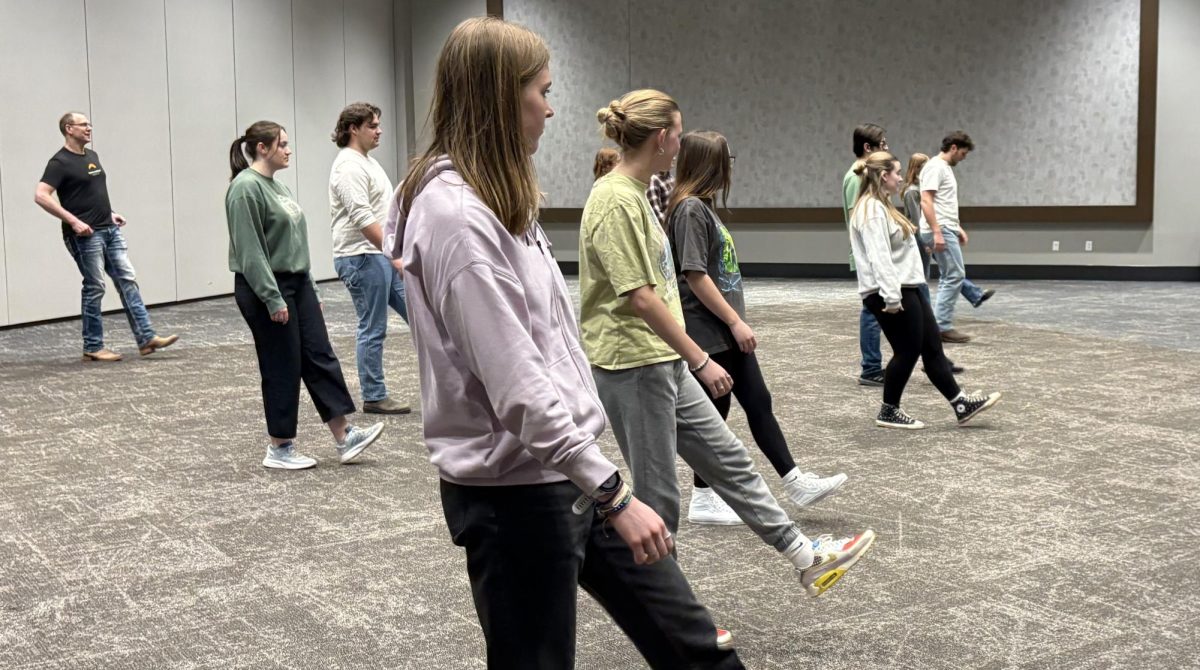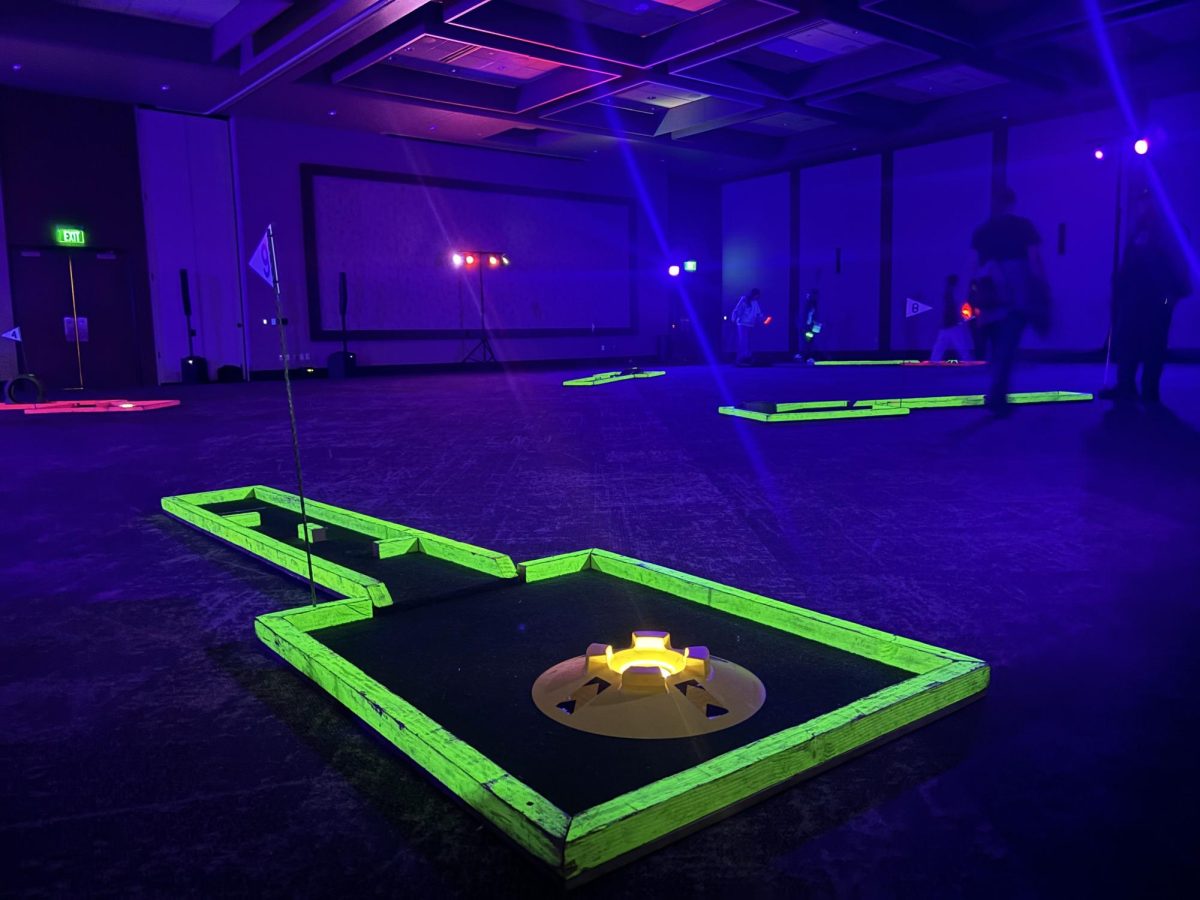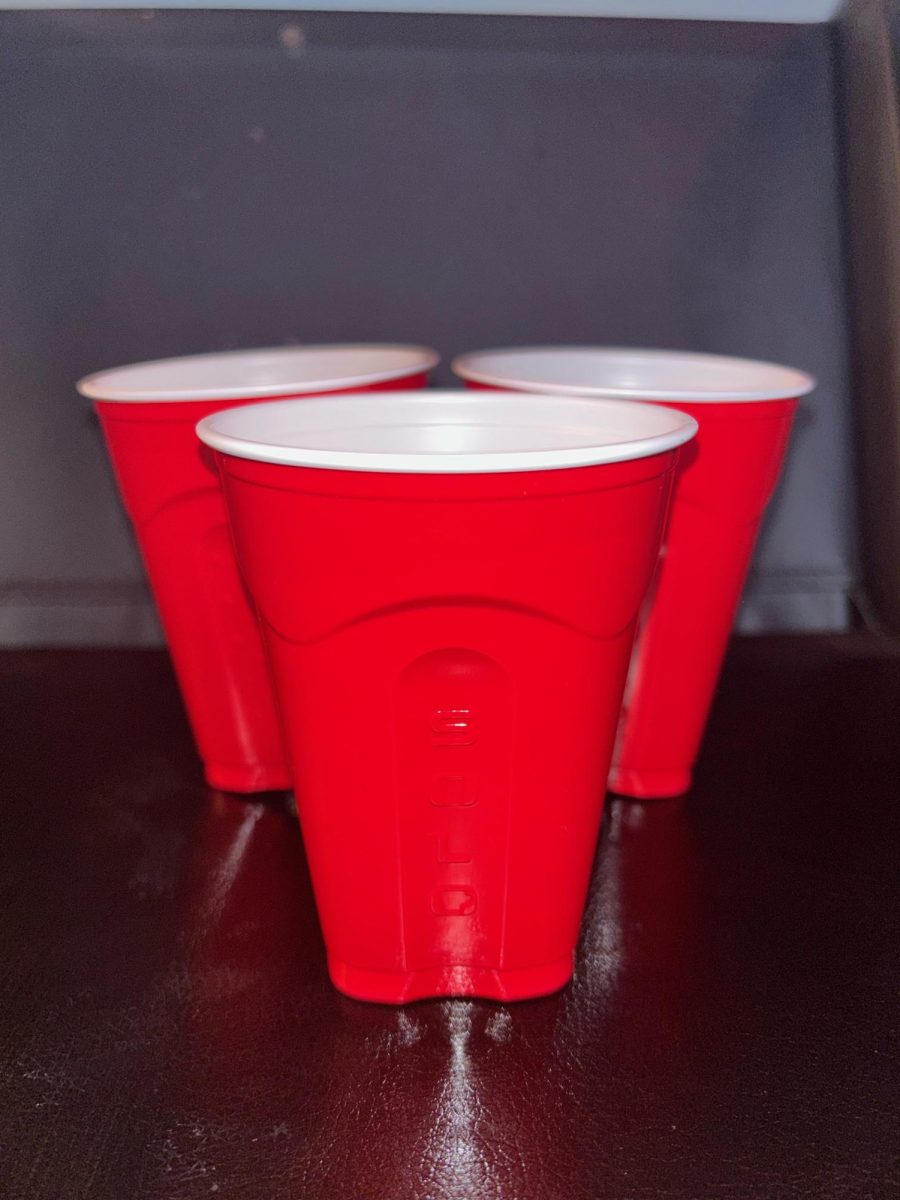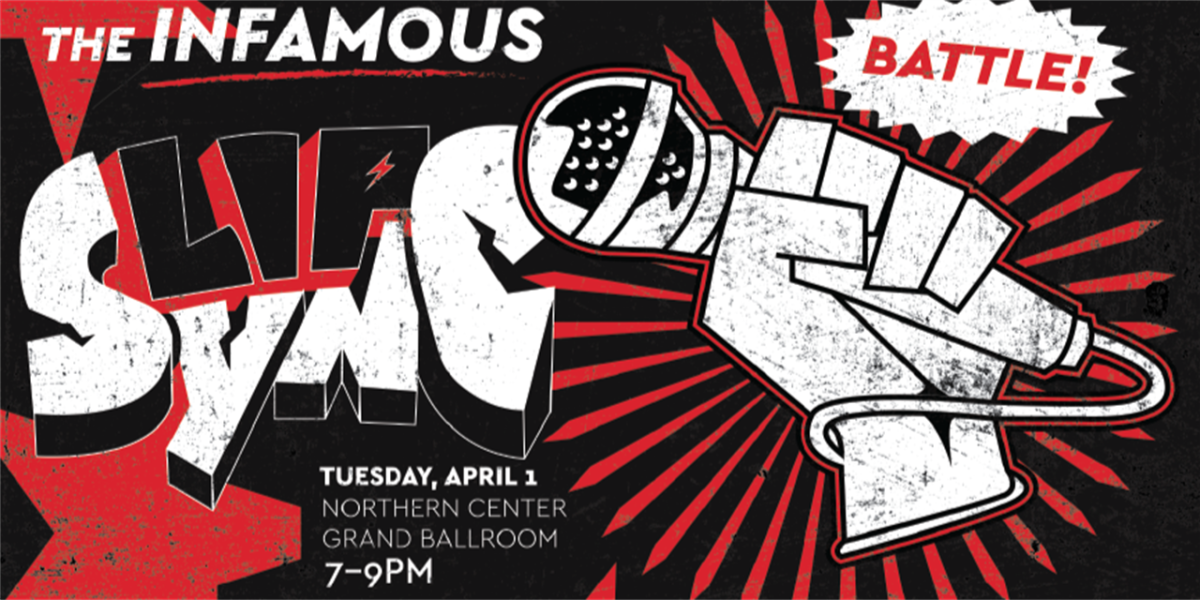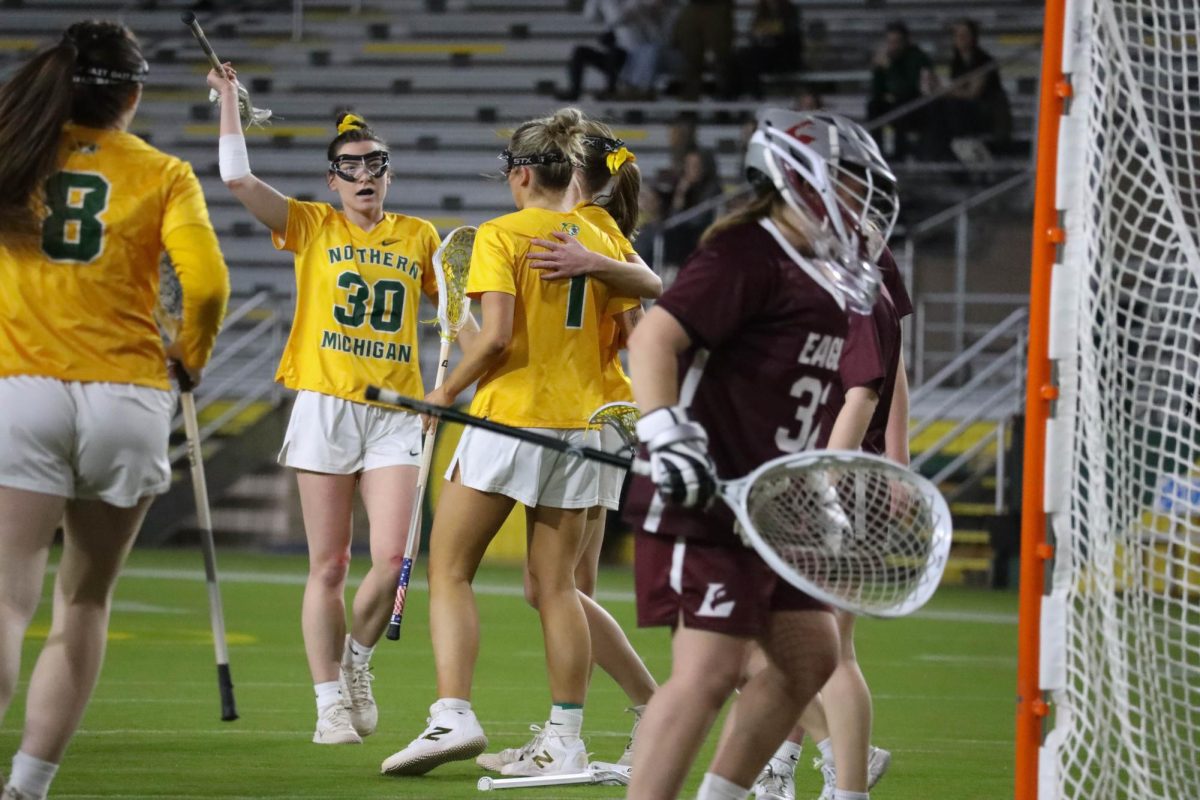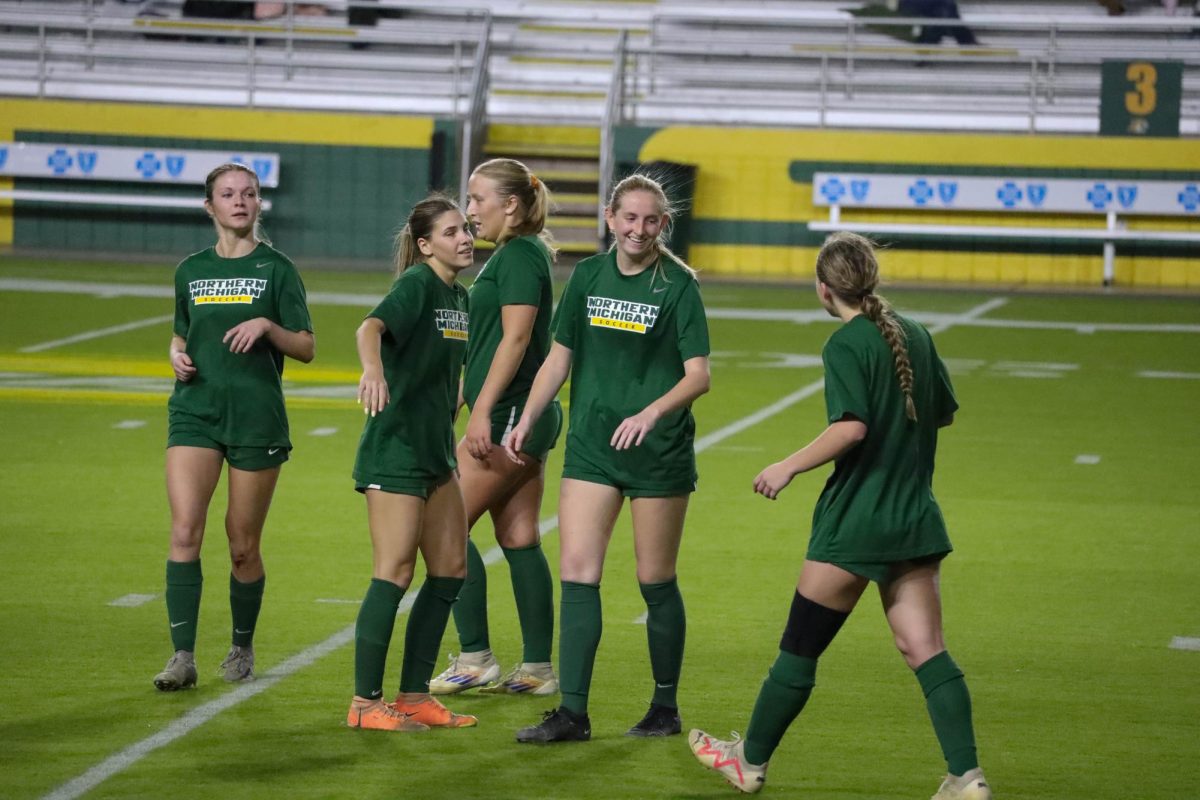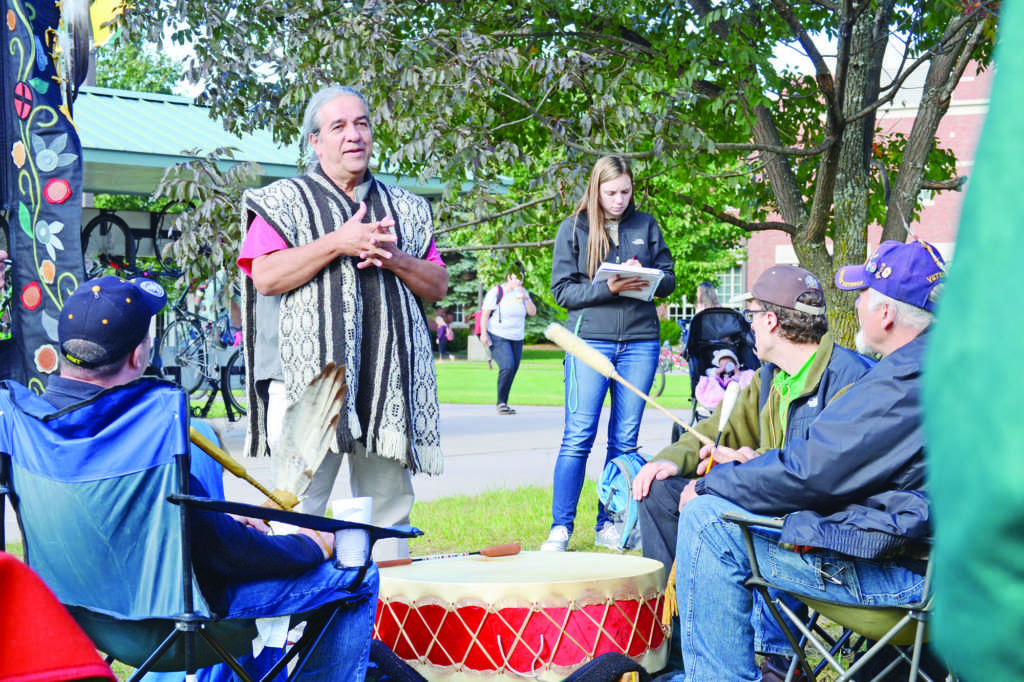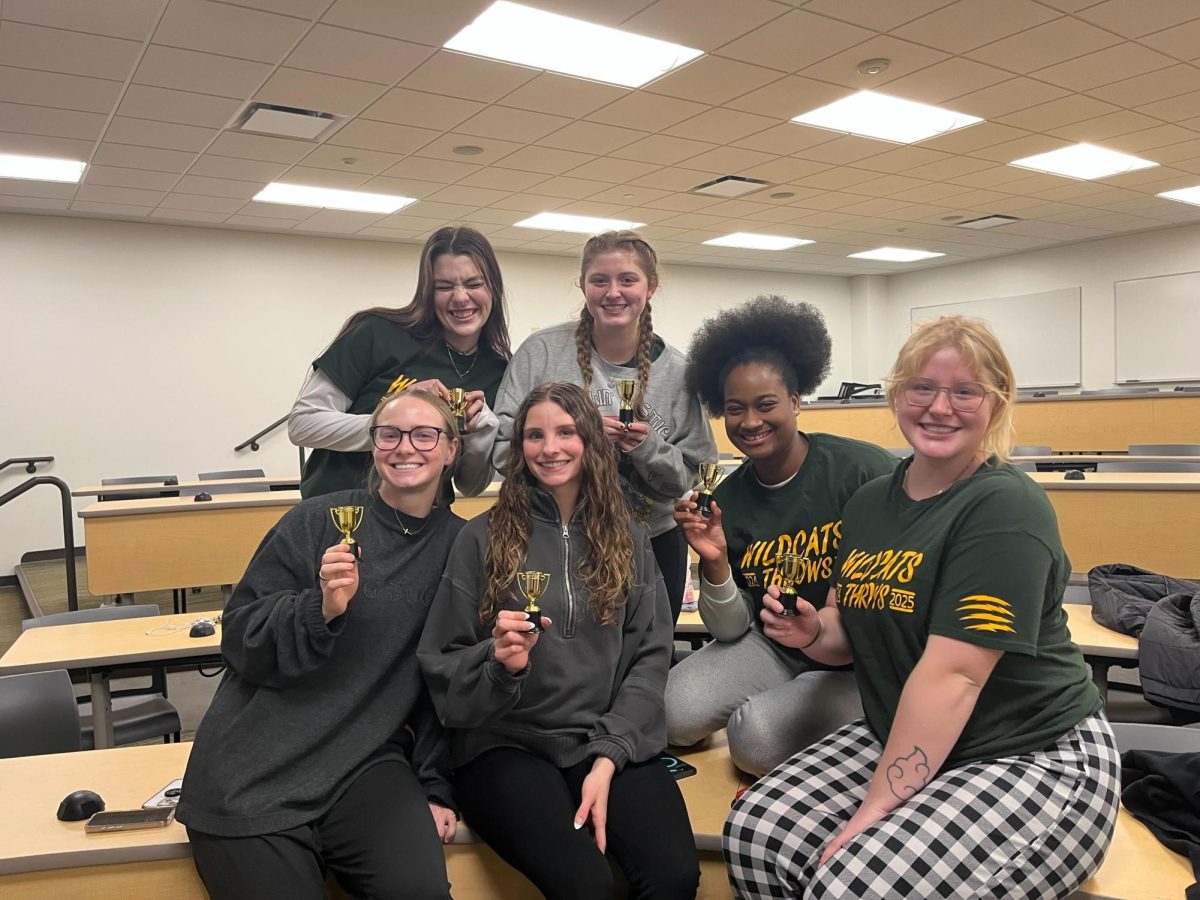Drum beats boomed across campus Monday morning, penetrating the walls of Jamrich, as the drum circle, Morning Thunder, opened a rally in support of Indigenous Peoples’ Day with a ceremonial eagle staff song.
NMU community members commemorated Indigenous Peoples’ Day (IPD) from 11 a.m. to 5 p.m. Monday in the Academic Mall to celebrate Native American culture and to bring awareness to the impact of Christopher Columbus’ arrival and European colonialism in the Americas. The student-led event, hosted by the Native American Student Association (NASA), the American Indian Science and Engineering Society (AISES) and the Native American Language and Culture Club, drew hundreds throughout the afternoon.
The occasion, which included Native songs, dance and discussion times, was part of a growing national movement to replace Columbus Day with IPD, since observing Columbus is viewed as offensive to many Native Americans.
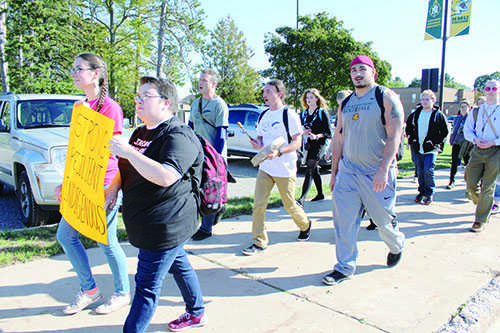
“[IPD] is about exposing the truth,” senior physics and Native American studies double major Biidaaban Reinhardt, president of AISES and co-president of NASA, said to the gatherers. “We’re still here, still resisting colonialism, genocide, and we’re revitalizing culture.”
The event was commemorated in spite of the NMU Board of Trustees’ recent refusal to vote on an ASNMU-proposed resolution to formally recognize Indigenous Peoples’ Day instead of Columbus Day on campus. The student-led movement toward that resolution began in 2015 with a petition of over 500 student signatures in favor of IPD. The resolution was eventually approved by ASNMU, the Academic Senate and the President’s Council, before it was ultimately dismissed by the board.
“We’re the next generation, and the people in charge aren’t listening to us,” Reinhardt said. “It’s important to stick together and get involved. The board is trying to wait us out, wait for the people who started this resolution to graduate. [We need to] keep the momentum going. We’ve been struggling for two years, and this is the last step. I hope it passes before I graduate.”
Despite the lack of official endorsement by the trustees, the university shared the event on its Facebook page, and NMU President Fritz Erickson, Jessica Cruz, chief diversity and inclusion officer, were in attendance.
“This is a strong, student-led movement,” Cruz commented. “It’s very peaceful, and getting to hear the different perspectives is meaningful. It’s about healing, and we do that through conversation and learning.”
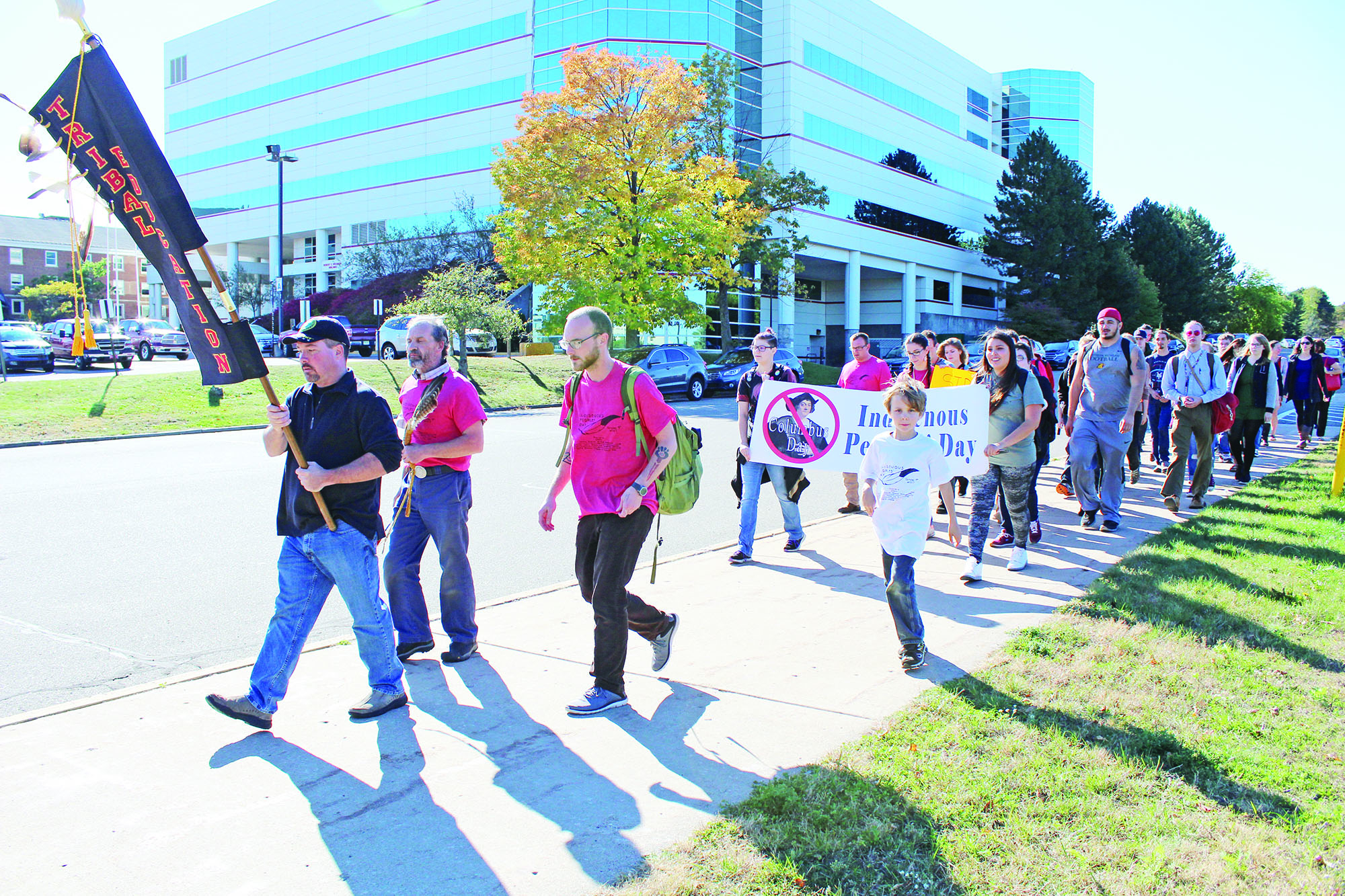 ASNMU Vice President Connor Loftus said the matter is being further discussed with the trustees, but expressed his gratitude for the spirit of persistence at the rally.
ASNMU Vice President Connor Loftus said the matter is being further discussed with the trustees, but expressed his gratitude for the spirit of persistence at the rally.
“[Martin Luther King, Jr.] said that time can either be used constructively or destructively, and this is a constructive use of time,” Loftus said.
Standing up from the drum circle, Martin Reinhardt, professor of Native American Studies and Biidaaban’s father, explained, “It’s true inclusion, a celebration of all people. It’s all part of a legacy, so let’s leave a good legacy. We talk about thinking seven generations ahead, but we should also look seven generations back because we are them. And when they hurt, we hurt.”
He added, “It has to be a community celebration, not just indigenous people celebrating.”
IPD is about recognizing and rejoicing in Native heritage, many participants said, but it’s also about healing and progressing toward greater understanding and equality as a society.
“It’s not about erasing history, but remembering it and deciding we’re going to do something different,” Patricia Killelea, professor of English, said.
It was a recurring point of discussion that inequality, institutional racism and discrimination against Native Americans and others still exist in the United States.
Anthropology professor Alex Ruuska asked, “Why now? Why haven’t we fixed it? I think it’s because we have to heal the circle, and we’re all part of that circle. We have to heal the past seven generations. You can’t just Band-Aid it in order to be whole. We have to have courage. If we don’t heal, no one will or we’ll still be having this debate 50 years from now.
“We have to take the next step,” Ruuska continued. “Yes, genocide happened. Now what? It’s not just a discourse, it should be about real change. If we allow this healing, it’ll be better for ourselves and our children.”
Participants marched around campus and by the doors of Cohodas, to the beat of hand drums and chant of Native songs, the ceremonial eagle staff leading the way. Then they joined hands in a circle, and drumming resumed for the rally’s closing round dance. The afternoon ended with an open forum discussion with ASNMU in Jamrich on the controversy surrounding Columbus and IPD.
“Ultimately the board’s decision does not stop us from celebrating and educating,” senior painting major Andreaka Jump, who was one of the students who began the IPD petition, said. “We want to move forward from here and keep making Indigenous Peoples’ Day bigger, even if the board won’t officially recognize it. We’re going to keep celebrating and keep trying to get the board to pass it.”





